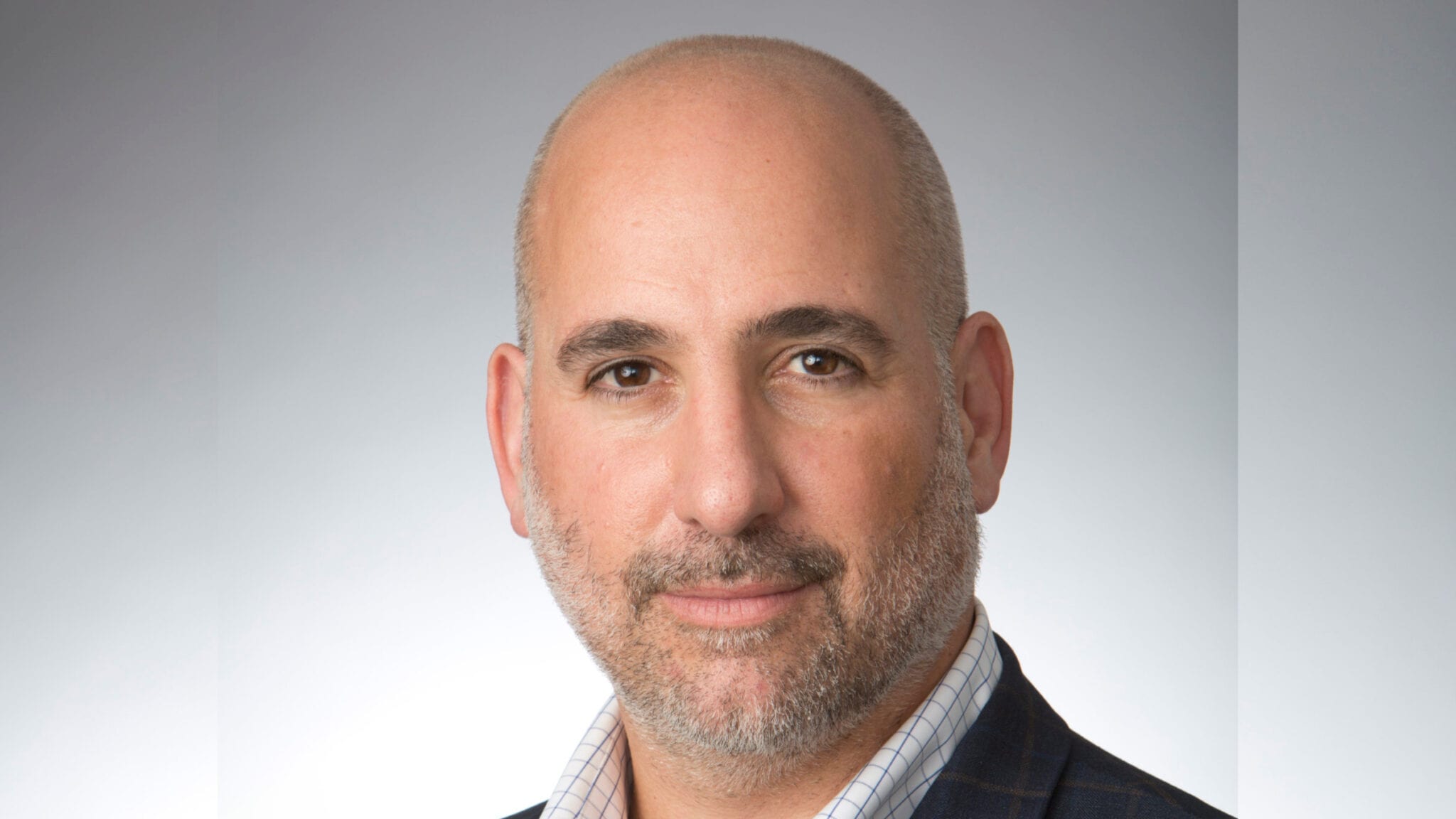
Exclusive: Former Intercept CMO lands new gig at Q32 Bio, two weeks after leaving the NASH biotech
Just two weeks ago, Intercept CMO Jason Campagna followed the biotech’s founding CEO out the door to pursue other opportunities, per an SEC filing, as analysts sense a major shift taking place at the company. Now, that new opportunity has come to light.
Campagna is taking the same CMO position at Q32 Bio, the company announced Tuesday morning, joining CEO Mike Broxson’s team in Cambridge, MA as they explore the next generation of complement drugs. The move comes after Q32 pulled in two fundraising rounds in 2020 totaling more than $100 million and as the biotech is in IND-enabling studies for its lead program, dubbed ADX-097.
Unlock this article instantly by becoming a free subscriber.
You’ll get access to free articles each month, plus you can customize what newsletters get delivered to your inbox each week, including breaking news.